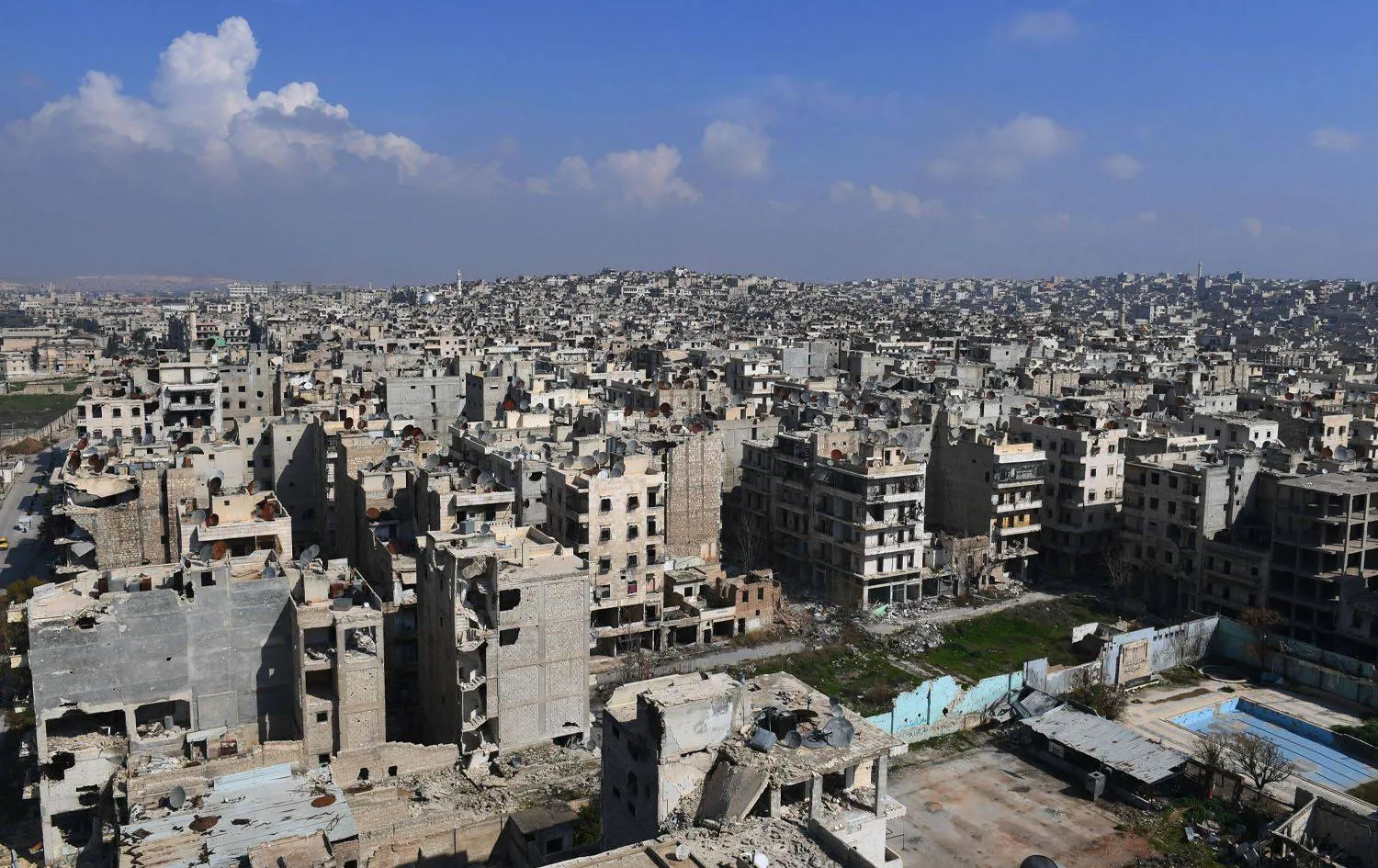Visiting Turkish Foreign Minister Hakan Fidan on Monday urged Kurdish-led forces to integrate into Syria's army and not obstruct the country's stability, as the deadline for implementing a deal between Damascus and the Kurds approaches.
Türkiye and Syria have developed close ties since the toppling of longtime ruler Bashar al-Assad late last year and Ankara, a key supporter of the new authorities, sees the presence of Kurdish forces on its border with Syria as a security threat.
Fidan, Turkish Defense Minister Yasar Guler and intelligence chief Ibrahim Kalin met with Syrian President Ahmed al-Sharaa, a presidency statement said.
The visit aimed to address issues including progress on implementing a March 10 agreement between Damascus and the US-backed, Kurdish-led Syrian Democratic Forces (SDF), Türkiye had said.
Under the deal, the Kurds' civil and military institutions should be integrated into the central government by year end.
But differences between the sides have held up the deal's implementation despite international pressure, particularly from Washington.
"It is important that the SDF be integrated into the Syrian administration through dialogue and reconciliation, in a transparent manner, and that it no longer acts as an obstacle to Syria's territorial integrity and long-term stability," Fidan told a press conference with his Syrian counterpart Asaad al-Shaibani.
Shaibani said Damascus had received a response from the SDF regarding a draft Syrian defense ministry proposal on integrating the Kurdish-led forces into the army.
"Work is currently underway to study this response and how it responds to the national interest in achieving the integration and achieving a single unified Syrian territory," Shaibani told Monday's press conference.
Last week, a Kurdish official told AFP on condition of anonymity that Damascus's proposal included splitting the Kurdish-led forces into three divisions and a number of brigades, including one for women.
The forces would be deployed under Kurdish commanders in areas of northeast Syria currently under SDF control, the official said.
- Israel -
It was the first time Damascus had submitted a written proposal to the SDF since the March agreement was signed, the official added, noting "international and regional efforts" to finalize the agreement by the end of the year.
Last week, Fidan warned the SDF -- which controls vast swathes of Syria's oil-rich northeast -- that patience among key actors was "running out" and advised against further delays to integrate its forces.
Türkiye shares a 900-kilometer (550-mile) border with Syria and has launched successive offensives to push the SDF from its frontier.
On Monday, Fidan said the sides also discussed regional security, noting "Syria's stability means Türkiye’s stability".
He also expressed hope that talks between Syria and neighboring Israel, which has carried out bombings and incursions in Syria since Assad's fall, would "reach a conclusion".
"For the stability of the region and for Syria's stability, progress in this regard is important," Fidan said, urging Israel to adopt "an approach based on mutual consent and understanding" rather than "pursuing an expansionist policy".
Shaibani said the talks also addressed "security issues linked to combating terrorism and preventing" a resurgence of the ISIS group in Syria.
Last week, US forces said they struck dozens of ISIS targets in Syria following a deadly December 13 attack on American personnel in central Syria's Palmyra.
With support from the coalition, the SDF spearheaded the offensive that led to ISIS's territorial defeat in Syria in 2019, but the extremists still maintain a presence, particularly in the country's vast desert.
Syria recently joined the international coalition against ISIS.









